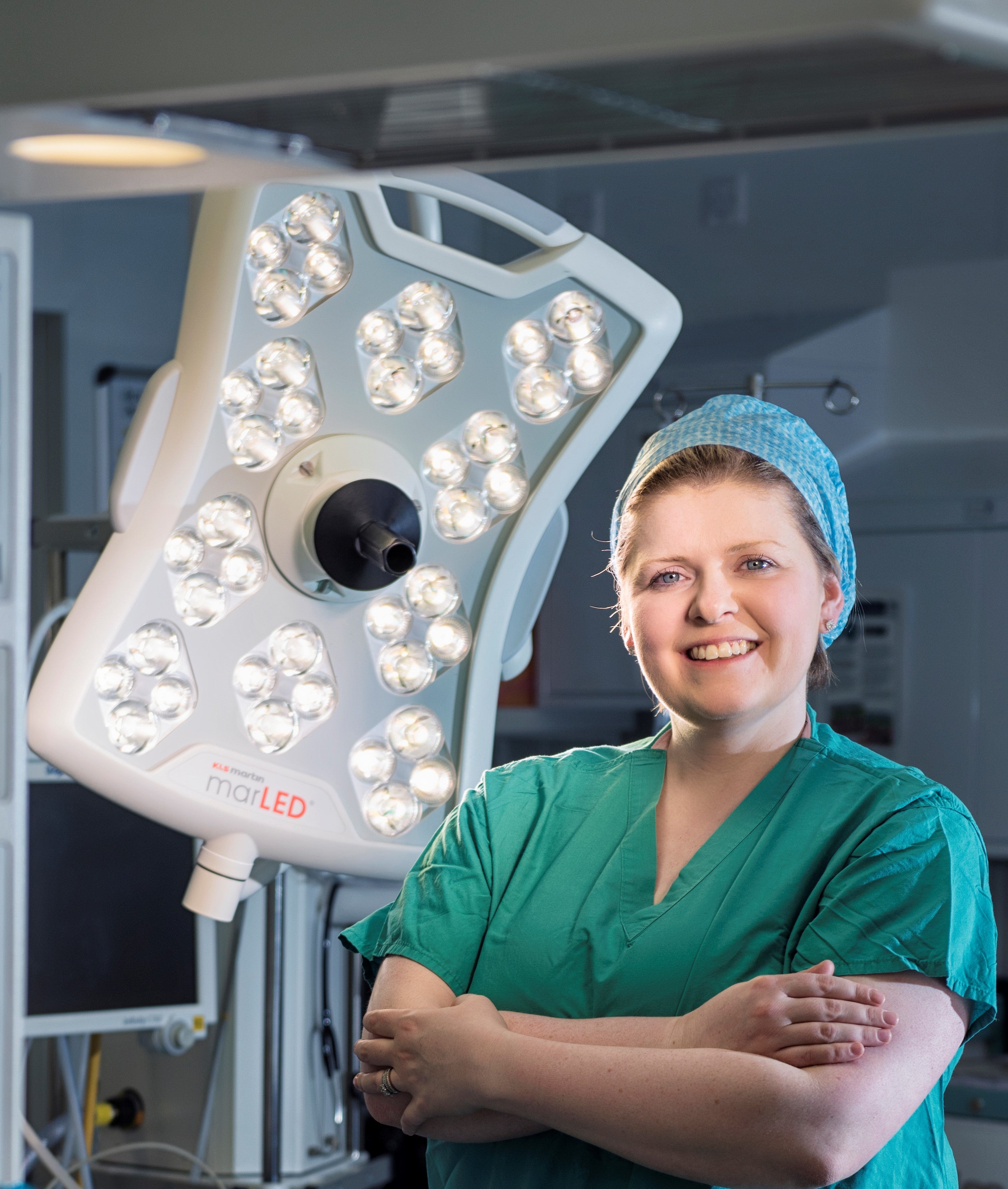New drug could help women with ectopic pregnancy avoid emergency surgery
About one in 80 pregnancies is ectopic

Your support helps us to tell the story
From reproductive rights to climate change to Big Tech, The Independent is on the ground when the story is developing. Whether it's investigating the financials of Elon Musk's pro-Trump PAC or producing our latest documentary, 'The A Word', which shines a light on the American women fighting for reproductive rights, we know how important it is to parse out the facts from the messaging.
At such a critical moment in US history, we need reporters on the ground. Your donation allows us to keep sending journalists to speak to both sides of the story.
The Independent is trusted by Americans across the entire political spectrum. And unlike many other quality news outlets, we choose not to lock Americans out of our reporting and analysis with paywalls. We believe quality journalism should be available to everyone, paid for by those who can afford it.
Your support makes all the difference.Researchers say thet hope a trial of a new drug for the treatment of ectopic pregnancy could help hundreds of women every year avoid emergency surgery.
The £1.6 million trial, led by the University of Aberdeen, will investigate whether a drug called mifepristone is more effective at treating ectopic pregnancy than the current medical treatment.
About one in 80 pregnancies is ectopic, which means the embryo starts to grow in the wrong place, often outside the uterus and usually in one of the Fallopian tubes.
As it grows, there is a risk that the Fallopian tube can burst which can lead to life-threatening internal bleeding.
When this happens, emergency surgery to remove the affected Fallopian tube is usually necessary.
The trial, funded by a Medical Research Council (MRC) and National Institute for Health and Care Research (NIHR) partnership, will be led by Dr Andrea Woolner, senior clinical lecturer at the University of Aberdeen.

She said: “Ectopic pregnancy is a devastating pregnancy loss which has significant physical and psychological impacts on women and their families, and the medical management of ectopic pregnancy has essentially had no advances in over 20 years.
“This is a really exciting opportunity to trial an additional drug alongside standard treatment for medical management of ectopic pregnancy.
“During the course of this trial, we plan to recruit women who are eligible for medical treatment of ectopic pregnancy across 40 early pregnancy units in the UK.
“We strongly believe that the addition of mifepristone to standard treatment could reduce the need for emergency surgery.”
Helen Corsi-Cadmore, 43, from Cardiff, experienced two ectopic pregnancies before having twins four years ago using IVF.

Mrs Corsi-Cadmore is project co-ordinator at the Ectopic Pregnancy Trust – one of the organisations feeding into the trial, and welcomed the research.
She said: “The first ectopic pregnancy I had ended up with a ruptured Fallopian tube so I had to have surgery where I lost the tube. This was extremely hard for me – I felt like I had to learn to walk and live again all in one go, whilst trying to heal both physically and mentally.
“It took a good few years of healing before I felt okay again. I had never had any surgery previously, let alone any major, unexpected surgery, so this was difficult to process both physically and mentally for some time.
“With my second ectopic pregnancy, I lost my remaining Fallopian tube. Whilst this was an easier surgery, I found this more mentally challenging than the first as I was also going through some major life changes at the same time.
“Having suffered two ectopic pregnancies, with the first being medically managed with methotrexate but unfortunately rupturing that same evening, I believe the new drug trial offers a valuable opportunity to support those experiencing ectopic pregnancies and potentially help them avoid surgery.”
More recently, improved diagnosis of ectopic pregnancy has meant that some women can be treated with medication which reduces the need for surgery.
However, with current medical treatment, up to 30% of women will still require emergency surgery and removal of their Fallopian tube.
The research team hope the trial will demonstrate that treatment with mifepristone, which works by blocking progesterone, a key hormone of pregnancy; alongside the existing drug treatment, methotrexate, will reduce the need for emergency surgery for many women.
The NHS Inform website states that, unfortunately, it is not possible to save an ectopic pregnancy.
The trial is due to start later this year across the country and results are expected in 2027.
Baroness Merron, Parliamentary Under-Secretary of State at the Department of Health and Social Care, said: “This new trial could be a game-changer in helping hundreds of women avoid emergency surgery each year.”
Experts from the universities of Edinburgh; Nottingham; Birmingham; University College London; Monash University, Australia; Imperial College London and the Ectopic Pregnancy Trust will also be involved in the research.
Join our commenting forum
Join thought-provoking conversations, follow other Independent readers and see their replies
Comments